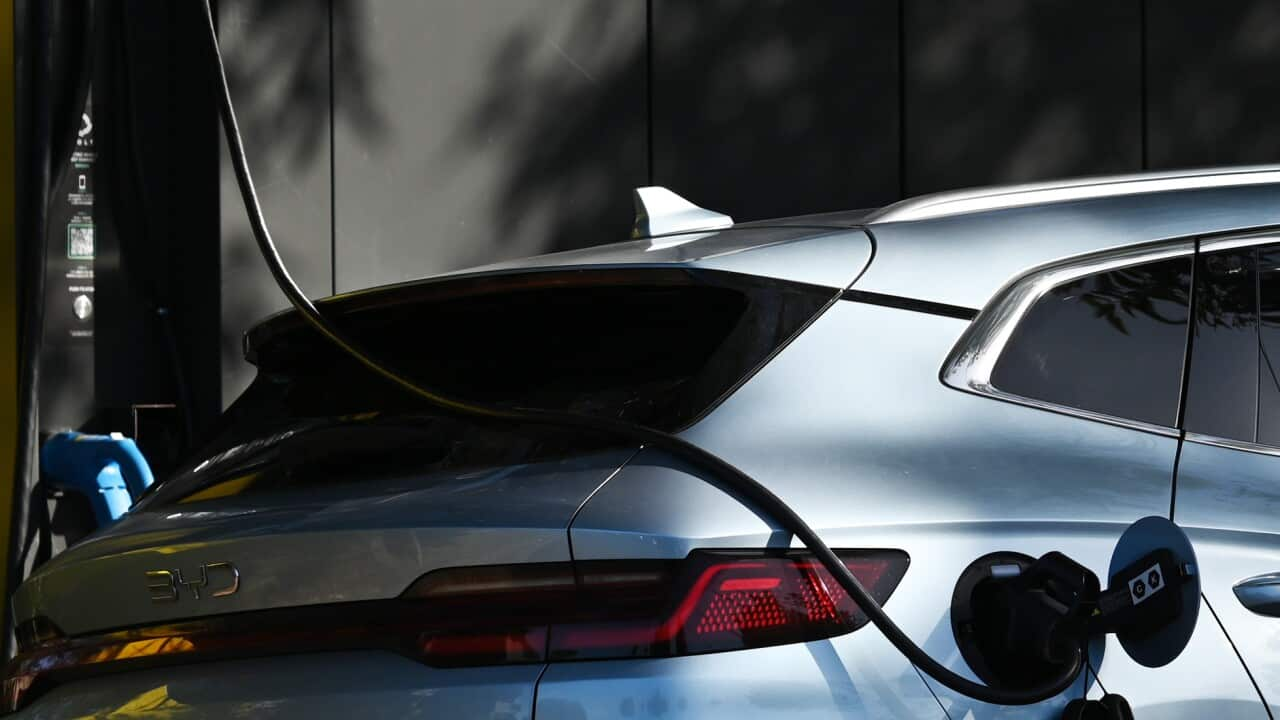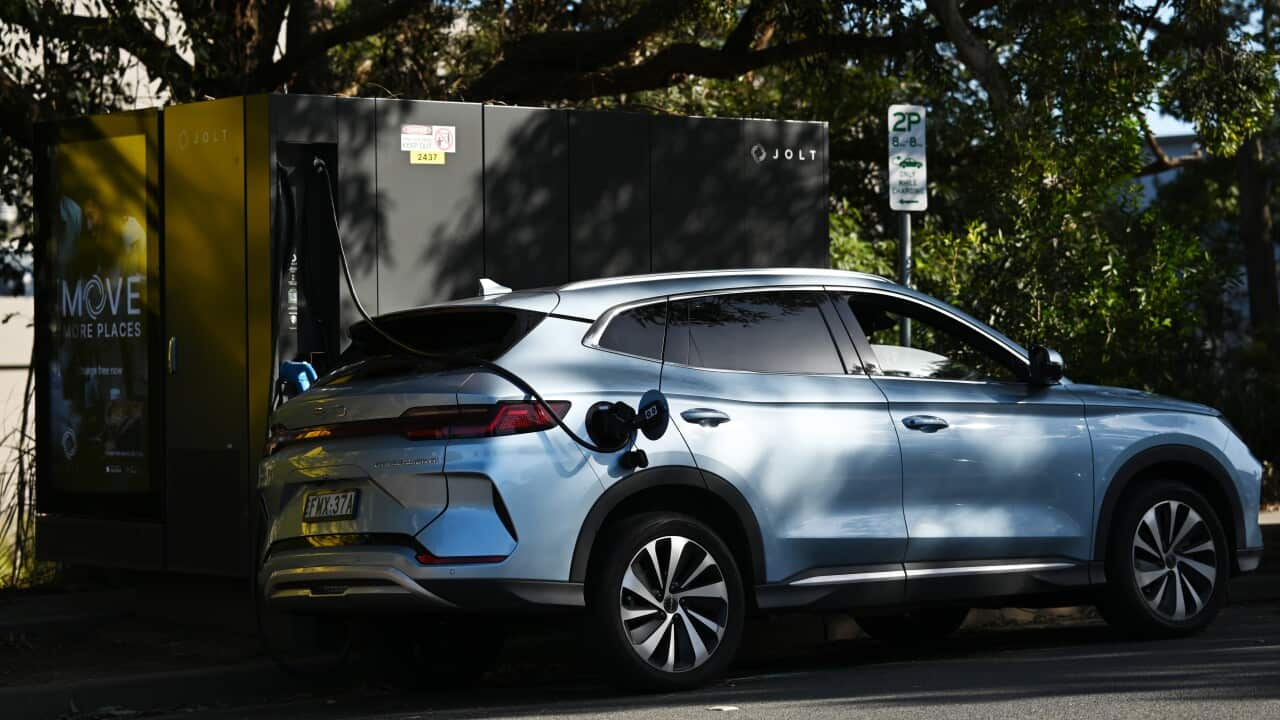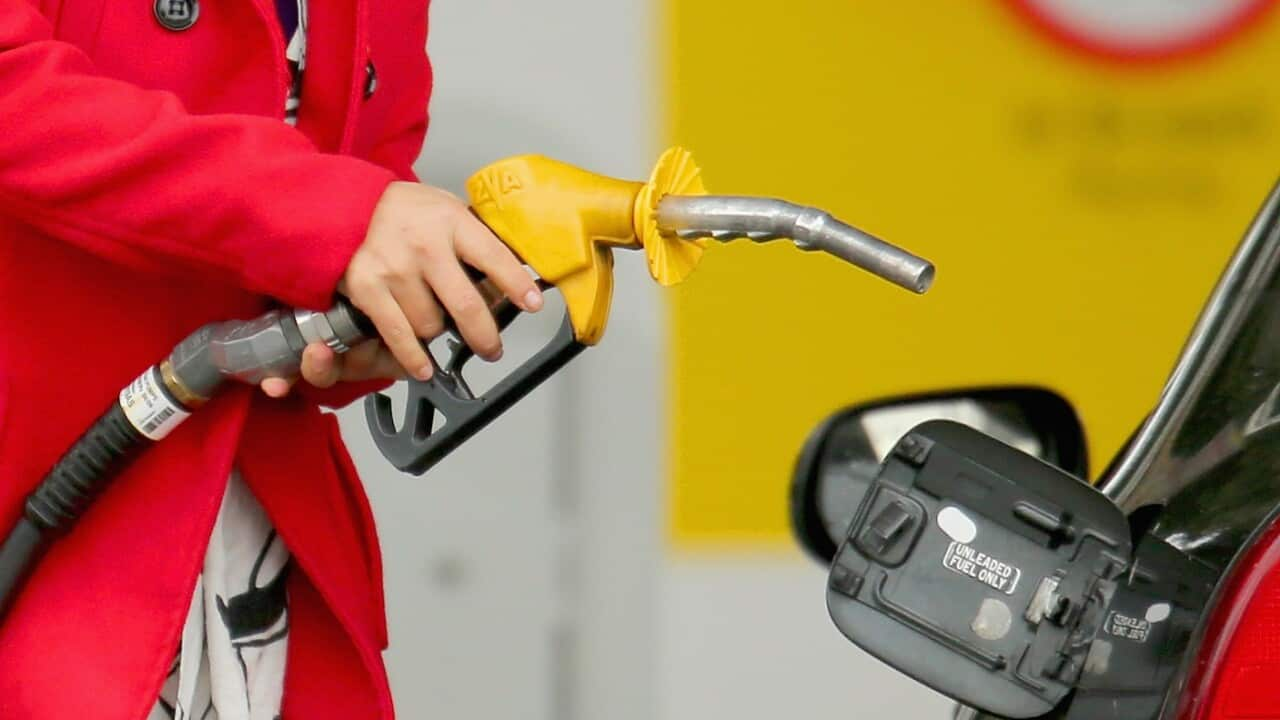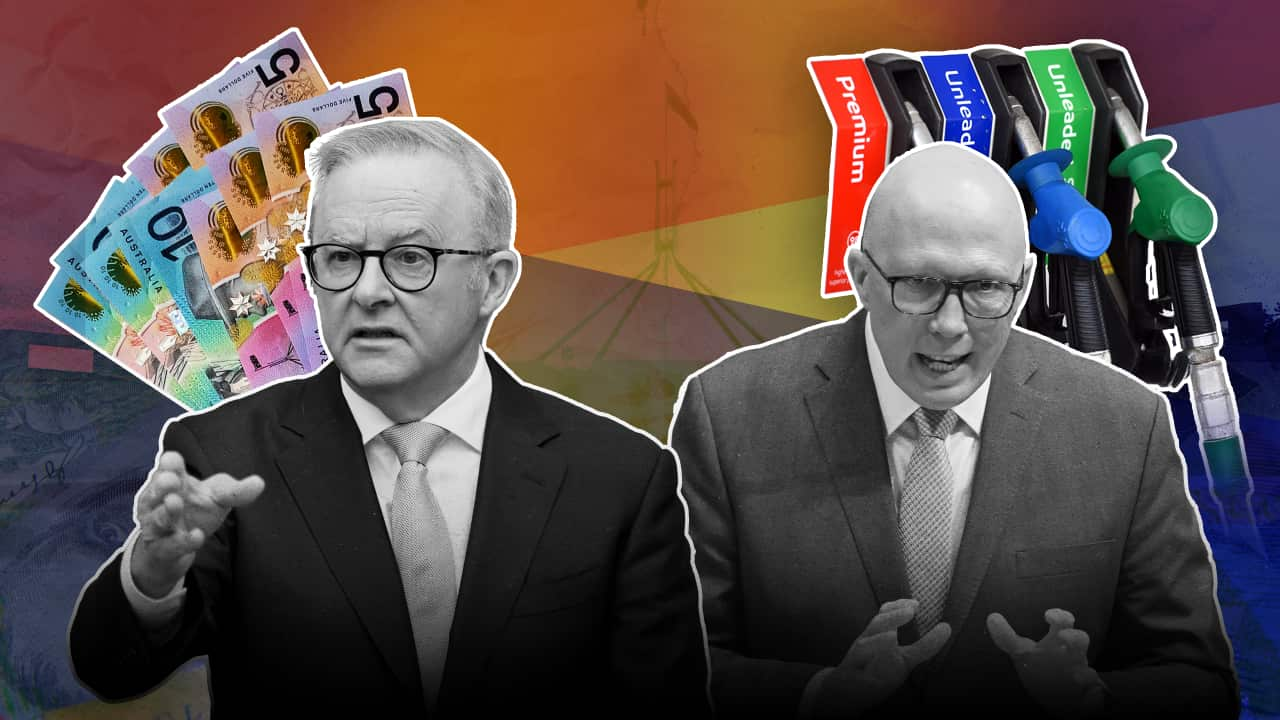Opposition leader Peter Dutton appears to have backtracked on a $3 billion tax break for electric vehicle (EV) buyers — just two days after indicating the Coalition would keep the incentive if elected.
On Monday, Dutton said a Coalition government would not repeal the fringe benefits tax (FBT) exemption for electric vehicles, a Labor policy introduced in 2022 that has grown in popularity and cost.
But by Wednesday evening, the Coalition issued a press release confirming it would axe the scheme and said it was an example of "wasteful spending".
During a heated press conference in Hobart on Thursday, Dutton said he thought he was being asked about Labor's proposed vehicle emissions standards earlier that week, not the FBT exemption.
Dutton claimed that he never said he would keep Labor’s EV tax break and that his response on Monday was about Labor’s vehicle emissions standards, an entirely different policy, which the opposition has dubbed the "ute tax".
Under Labor's current policy, electric and hydrogen-powered vehicles do not attract fringe benefits tax if they fall under the luxury car tax threshold of $91,387 and are bought through a salary packaging program.
Since the scheme began three years ago, between 90,000 and 100,000 customers have taken advantage of the discount, according to the National Automotive Leasing and Salary Packaging Association (NALSPA).
Automotive groups warn of price increases
Automotive groups have said drivers in outer metropolitan suburbs could be hit hardest by the change, which would raise transport costs for some while the costs for others driving petrol cars.
The change would raise costs for Australians buying electric vehicles by thousands of dollars each year, NALSPA chief executive Rohan Martin said.
"For an EV around the $45,000 mark, we estimate a worker would pay another $3,500 per year without the exemption to own and operate that car," Martin told AAP.
"If it was a $60,000 EV, such as a [BYD] Sealion 7, then it would be about $4,700 more per annum without the exemption."
Rising costs would hit families in suburbs hardest, he said, as households with longer commutes, solar panels and off-street parking had proven most likely to use the tax exemption.
"It's average, everyday working Australians living in outer metropolitan suburbs that are the main beneficiaries of this existing policy and are the main users of this policy," Martin added.
'Extremely disappointed'
Before the backflip, the Electric Vehicle Council's chief executive Julie Delvecchio said the decision for both major parties to support the FBT exemption meant Australians could "continue to access cost-of-living relief by shifting to cleaner, more affordable cars".
But on Wednesday evening, Delvecchio issued another statement: "If the Coalition is indeed scrapping the FBT exemption, after the opposition leader just days ago indicated he didn’t have any proposals to change it, then we are extremely disappointed and confused by this backflip."
"If the Coalition wants to make cars cheaper and driving cheaper during a cost-of-living crisis, it wouldn’t be removing this discount for Australians."
The Australia Institute also criticised the move, as well as tax breaks on big "dumb" utes, which cause more pollution than other cars.
"Basic economics says to tax things you want less of and subsidise things you want more of, yet Peter Dutton seems to want less electric vehicles and more American-style utes on our roads," said Richard Denniss, executive director of The Australia Institute.
"The Coalition says it's scrapping the EV tax break — which it supported up until Monday — because people who buy electric vehicles can afford them. Surely the same should apply for big utes."
- With additional reporting from the Australian Associated Press.
Visit the to access articles, podcasts and videos from SBS News, NITV and our teams covering more than 60 languages.





